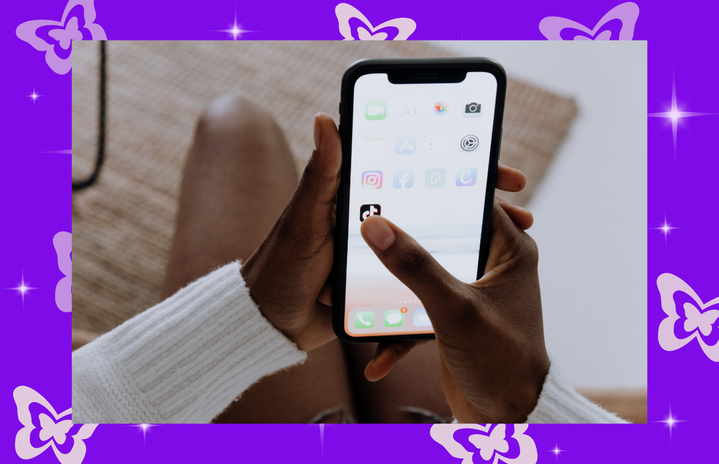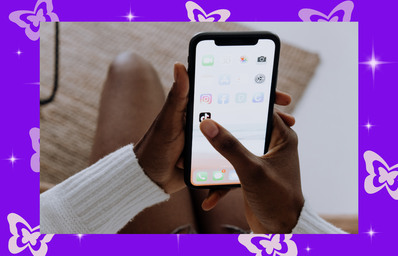Gen Z grew up in a childhood where technology was just starting to immensely evolve. As we grew to the most critical years in our lives, the years of puberty, it became a norm to have social media. If you didn’t, it was hurting your social life; it is a way for everyone to connect at any time. And yet, what we once thought was this amazing technological achievement has turned out to be the downfall of our mental health and overall well-being.
As a college student, I realized that I’ve documented most of my life since I was in middle school online; everyone was posting snapchats and instagrams, so why not? And yet, it is all a hoax. Sharing our true selves does not get the likes that Alix Earle racks up. When you post, you obsess over it, consciously or unconsciously seeking approval. Whether we realized it or not, social media altered the ways we perceive ourselves; self acceptance in a social media world is not the same as a world without it.
In 2023, with snapchat private stories, tiktok, and instagram influences, everyone is on social media. Consciously or unconsciously you are comparing yourself to the images on your feed. A picture is just a snapshot of a moment, not reality; it can be staged and altered to be perfect to you before you post it. It’s an illusion to perceive social media as real life. Since most young adults today and children have exposure to these platforms at such a young age, it completely converts the way you perceive yourself and reality.
Social media has evolved into a modern day newspaper; the first thing most young people do when they wake up is scroll through instagram and tiktoks, and check up on their snapchats. Unconsciously, it’s a vacation from the day to day norm. You get the, approved, inside scoop on influences and aspire to be like them; you can check on your friends whenever you want no matter the distance. And your instinct as a human being craves mental validation that comes from the followers and likes one has; it’s a popularity status.
From the perspective of a college girl, it became clear that the way I perceived social media, and reality, during my tweens and teens was a complete illusion. Everyone craves and stages the perfect pictures, seeks approval to post it, perfects the lighting and creates a caption that portrays you as the person you want to be; rather than the reality. Thinking that one can have the perfect image that appears on social media seriously damages the way you perceive yourself, even though it is not real and never can be.
You never truly see the behind the scenes on social media; everyone can approve it before they release it to the world. While it is one of the greatest achievements to be able to connect with the people you love across the world with such ease, young people must be made aware of the cons with the pros.


